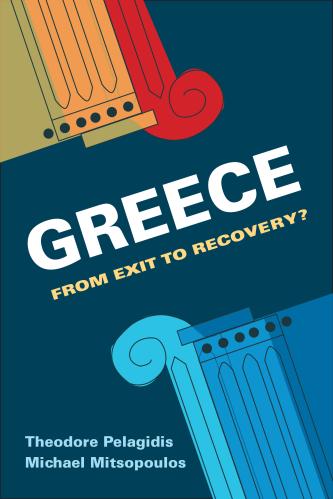French independent presidential candidate Emmanuel Macron, a liberal centrist, is the one and only brave European politician today, speaking openly about the need for “more Europe,” albeit not a federalist union. Such a reference stands out in our international environment contaminated by populism, authoritarianism and demagogy. In a recent interview with TF2, he specified the domains that henceforth Europe has to concentrate on in a positive way, explaining practically and with pragmatism the reasons. But to accept such an advance, Europe has first to recognize critical flaws regarding its current economic and political architecture and, then, proceed to policies adequate to restore the dynamism of the European dream.
It is true that Europe jumped unprepared into the single currency, following the so called “Monet doctrine,” which assumed challenges will be dealt with along the way. While politicians in Europe were quick to bask in praise in the early days of the union, they shied away from taking the tough political decisions needed later on to avert some of these challenges from snowballing.
The two reasons usually put forward for not having a “Grexit”—the risk of contagion and the high cost of the exposure to the Trans-European Automated Real-time Gross Settlement System (TARGET) system—simply reaffirm the lack of understanding of the problems of Europe and the means to solve what ails the union. Looking at the issue of Greece that way is similar in soundness and quality to the argument that Greece snuck into the monetary union using fake numbers. Looking at what happened to Greece pre-accession and looking at some calculations based on a partial estimation of only static or short-term Grexit implications totally misses the point. It disregards the analysis of what happened during the 10 years Greece, and many other European countries, were part of the single currency, and what they did not do during these years. Emphasizing deficit and debt levels of 1999 in 2017 as the root cause of the euro’s troubles is very convenient if one wants to avoid talking about why these debt levels failed to come down between 2000 and 2010.
In this context, blaming for example the Greeks for faking figures to achieve European Monetary Union accession, and not asking why for over 10 years fiscal rules were not enforced, why structural reforms were prodded along by the Lisbon Agenda that everyone wants to forget, and why national violations of EU law still only lead to fines paid by those who suffer from the incompleteness of the union, is not only unfair, it is also destructive.
Such a dysfunctional status quo limits the discussion of a viable path for Europe that would entail choices in which a connected car can drive across Europe or a drone will be operated by multiple countries, as envisioned in the recent white paper that follows up on the 2015 Five Presidents’ Report: Completing Europe’s Economic and Monetary Union.
Such stasis allows European leaders once again to avoid the tough question: What should “more Europe” mean? Indeed is “more Europe” defined by Eurobonds and a minimum guaranteed income or unemployment benefit? Would such security offer the answer that will satisfy our trembling hand as we choose between the “transfer union”—a more federal, Europe with solidarity—and the “vengeance union?”
Limiting the discussion to the evaluation of choices offered by a haphazardly cobbled together menu once again detracts from the need to have a serious discussion about what “More Europe” should mean in detail, rather how much from this ill-designed menu we should order or have voters accept, unwillingly or not.
So, if Europe wants a future, it is high time one seriously discusses what Europe is, what it should be, and the exact meaning of more or less Europe.
The Brookings Institution is committed to quality, independence, and impact.
We are supported by a diverse array of funders. In line with our values and policies, each Brookings publication represents the sole views of its author(s).





Commentary
What should “more Europe” mean? A vital question for the union
April 18, 2017